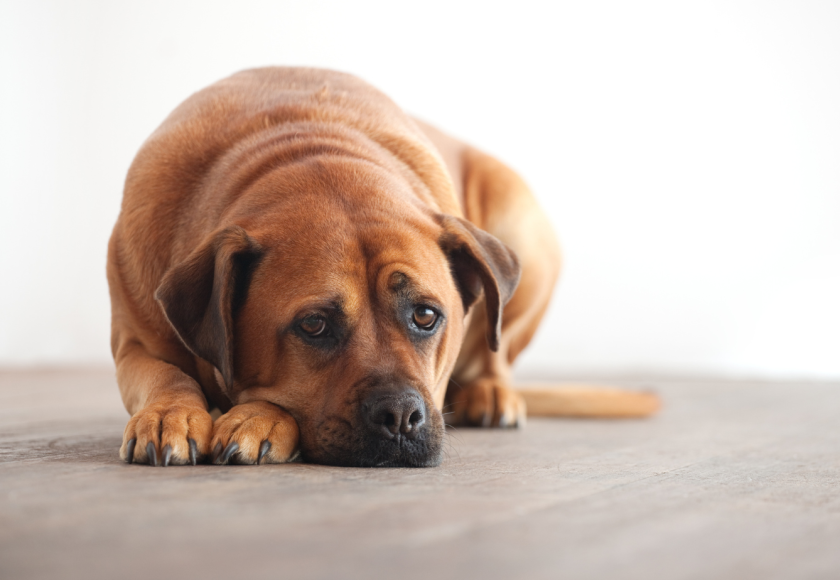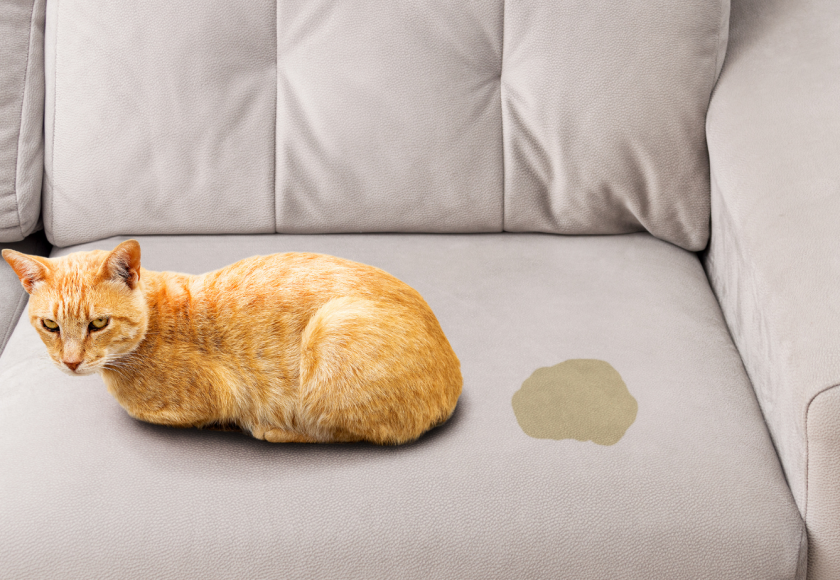Cat owners who love their pets often visit veterinary clinics with their cats suffering from diarrhea. Pet owners often ask why their cats have diarrhea and how they can help them.
Table of contents
Cat diarrhea can be classified as acute (sudden) or chronic.
Acute diarrhea usually begins suddenly, with very watery, foul-smelling, and light-colored stools. If your cat has been experiencing acute diarrhea for more than 4 hours, you should contact your veterinarian as soon as possible.
Chronic diarrhea in cats usually occurs as a secondary symptom of internal organ diseases. Chronic diarrhea in cats manifests itself in rare episodes of stool that is discolored and has a changed consistency, and can last for a long time. If you notice signs of chronic diarrhea in your cat that last longer than a week, consult your veterinarian, as the problem may be much more serious than you think.
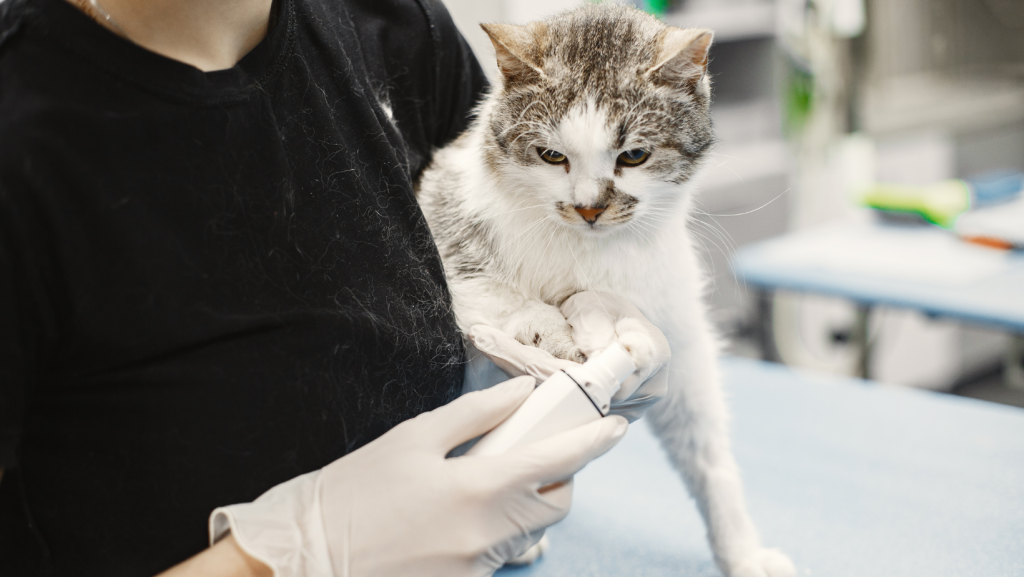
Why does my cat have diarrhea?
Cats have diarrhea for dozens of different reasons. The most common causes of diarrhea in cats identified at veterinary clinics are as follows:
1. Poor diet – food allergies
2. Switching to a new food for cats
3. Spoiled food or treats
4. Spiced food intended for humans
5. Poisoning from plants or toxic substances
6. Gastrointestinal parasites
7. Viral and bacterial diseases. Unvaccinated cats often suffer from viral diseases.
8. Kidney, liver, and pancreas diseases
9. Oncological diseases
10. Stress
Cats are really good at hiding their health problems, and every cat owner should know their pet’s routine well enough to notice even the slightest changes right away. Whenever a cat falls ill, veterinarians ask the owners about the cat’s energy levels, appetite, urination, defecation frequency, timing, and stool consistency.
My cat has diarrhea. What should I do?
The first thing you can do is check whether your cat’s food has expired, especially if you buy larger bags of feed.
- Try to remember what your cat may have eaten over the last few days.
- Check your houseplants for signs of chewing.
- Check your cat’s stool for parasites.
- Make sure your cat has easy access to plenty of clean water.
- Observe your cat’s behavior to see if it has become lethargic, if its stomach is painful, if it is vomiting, and if it is eating and drinking enough.
If your kitten has diarrhea, do not wait and contact your veterinarian. Kittens are very sensitive to any digestive tract disorders, and young cats are also more susceptible to viral diseases because their immune systems are not yet fully developed.
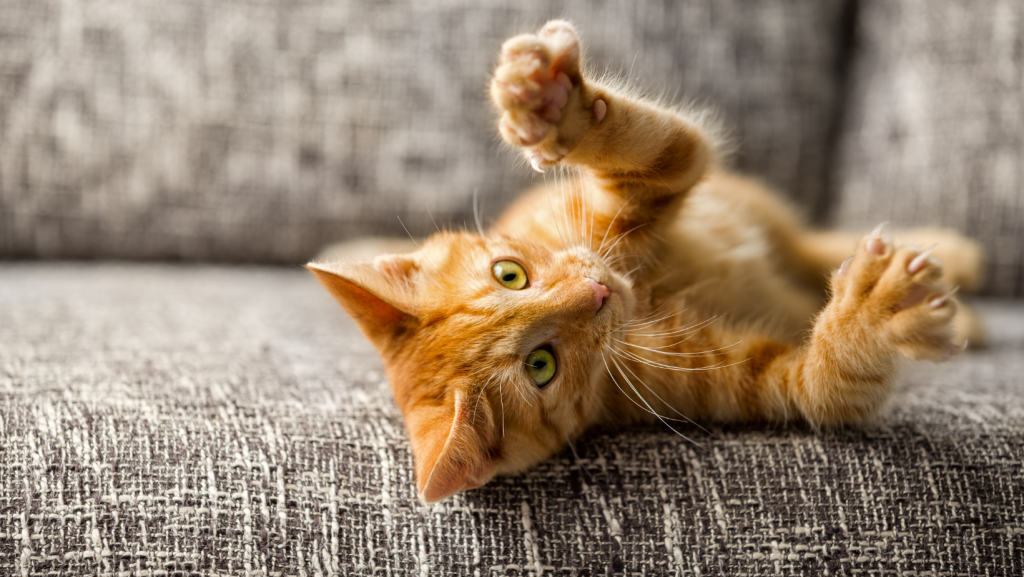
What to give a cat for diarrhea?
It is not recommended to use medicines from your home medicine cabinet to treat your cat’s diarrhea without consulting a veterinarian. All medications for treating diarrhea in cats are best selected by experienced veterinarians after performing the necessary tests. Accurate diagnosis and treatment are the most effective ways to restore your cat’s quality of life.
In many cases, when a cat with diarrhea is brought to the veterinary clinic, the visit takes longer because the pets are dehydrated. In order to restore the pet’s general condition and replenish the loss of electrolytes and fluids without prescribed medication, the cat has to be given an IV drip. For this reason, it is important to make sure that the cat is drinking and to contact a veterinarian immediately if it has diarrhea.
How to protect your cat from diarrhea?
Take good care of and love your pet. To ensure a long and healthy life for your pet, vaccinate your cat on time, give it a worm tablet at least once every six months, feed it only food specifically designed for cats, and do not give it dairy products (even though cats love them).
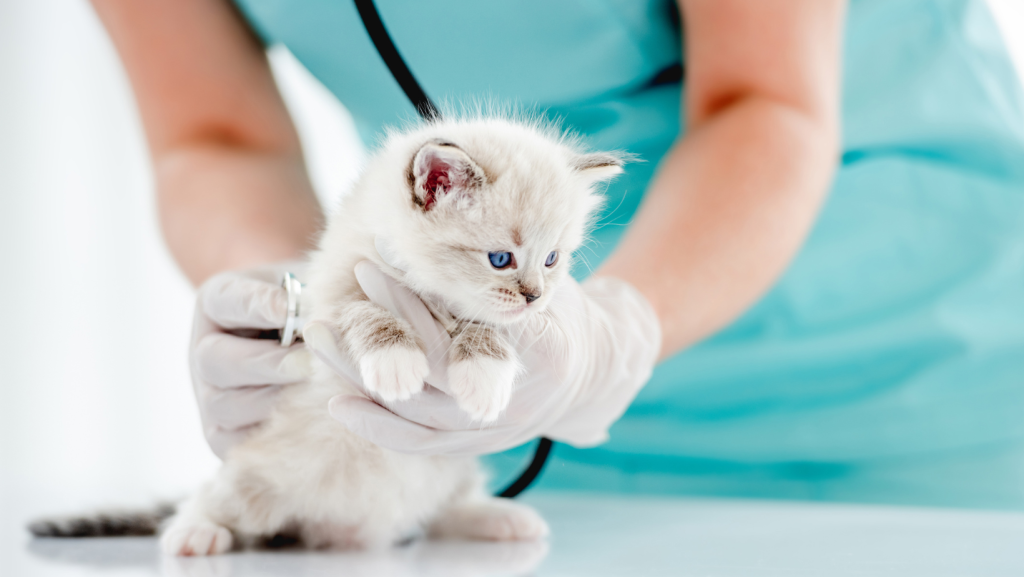
When should you contact a veterinarian?
A healthy cat should defecate once or twice a day with firm stools. If the consistency of the stool suddenly changes—becoming thick, slimy, or watery—this is a sign that your cat has health problems. A cat has diarrhea when it defecates more than three times a day and the shape, color, or smell of the stool has changed.



